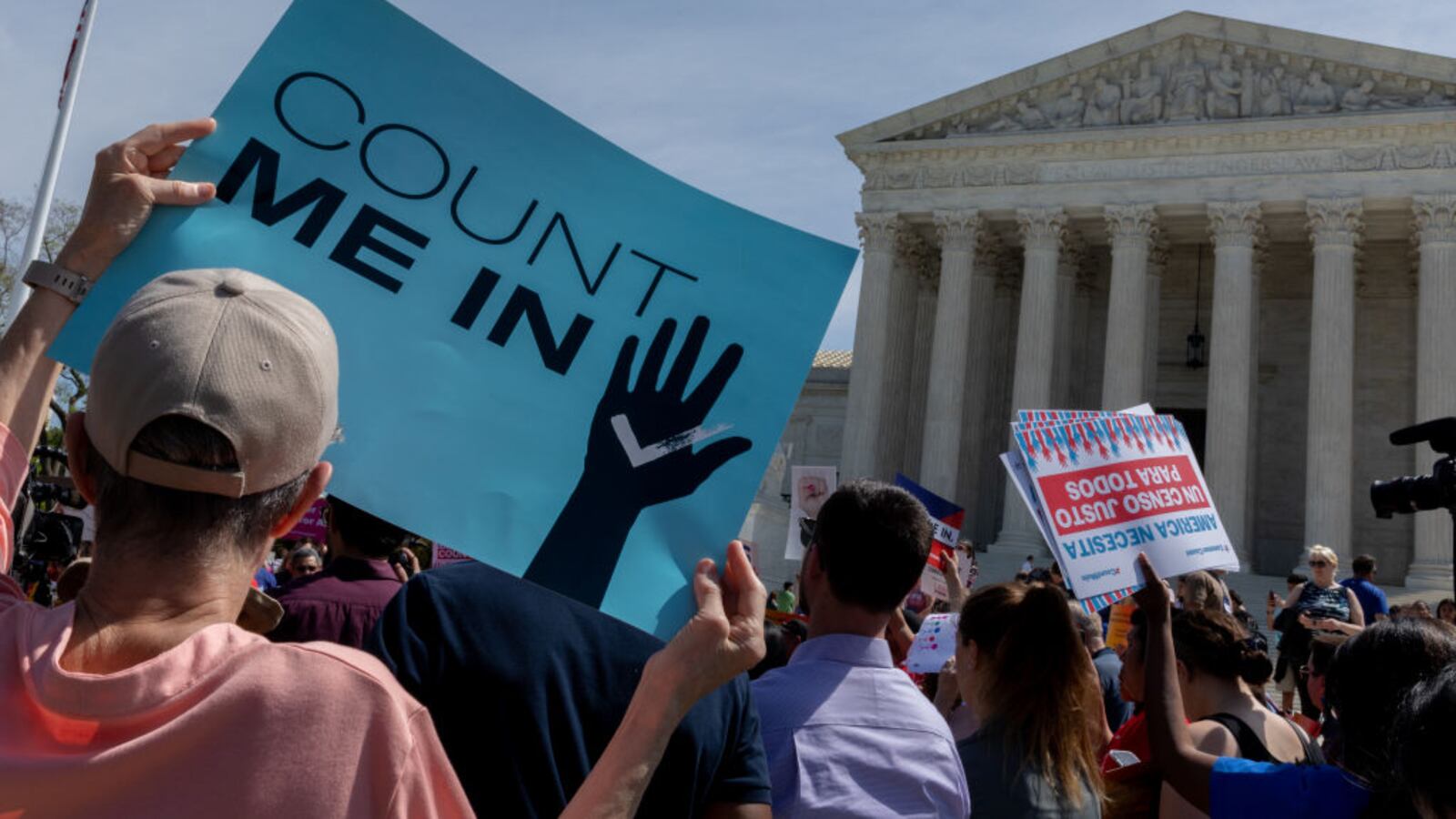School district leaders can breathe a sigh of relief — at least, a short one — after the Supreme Court blocked the Trump administration from adding a question about citizenship to the 2020 census.
The Court ruled that Commerce Secretary Wilbur Ross hadn’t provided a good enough explanation for the agency’s plan, and sent the case back to a lower court.
“Several points, considered together, reveal a significant mismatch between the decision the Secretary made and the rationale he provided,” Chief Justice John Roberts wrote in the decision. That means Trump administration officials could present another argument — or the clock might run out before the census documents must be printed without that question.
This matters for school districts because a citizenship question is expected to discourage immigrants and noncitizens from responding to the census. That would result in an undercount of people and underestimates of the resources they require. The impact on schools serving those students would be acute, since census data is used to allocate funds for education programs like Title I, Head Start, and the National School Lunch Program.
If the census asks about citizenship, the Census Bureau predicted a 2.2% overall decline in responses in 2020, with responses falling 8% from households that may have a noncitizen. According to the Council for Great City Schools, a coalition of school districts that joined the lawsuit against the question, a smaller drop in responses would mean $10 million in Title I funds lost in New York City and $5.6 million lost for Miami schools. Nationwide, the group estimated that $151 million in Title I funds would be misallocated.
“The Supreme Court’s decision to not include the citizenship question in the 2020 Census is the right thing for public education,” Los Angeles Unified Superintendent Austin Beutner said. The district predicts that if a citizenship question ends up on the census, it could lose $20 million in Title I funding every school year.
The decision is a setback for the Trump administration officials who have said the question is needed so the Justice Department can enforce the Voting Rights Act of 1965. But a recently discovered 2015 study from a deceased Republican strategist suggests the administration wanted to add the question to wield Republican power. The study found that adding a citizenship question to the census would help Republicans with gerrymandering district lines.
The Council for Great City Schools celebrated the ruling as a victory, but warned urban school districts that even without a citizenship question, ensuring all students and families participate in the census will still be a challenge.
“Housing mobility, multi-family and multi-generational living arrangements, language barriers, and wariness of government intrusion complicate the traditional Census-taking process even in the best of circumstances,” the Council said in a statement released today.
The Los Angeles district has said it will help make sure families fill out the census. New York City has similar plans.


